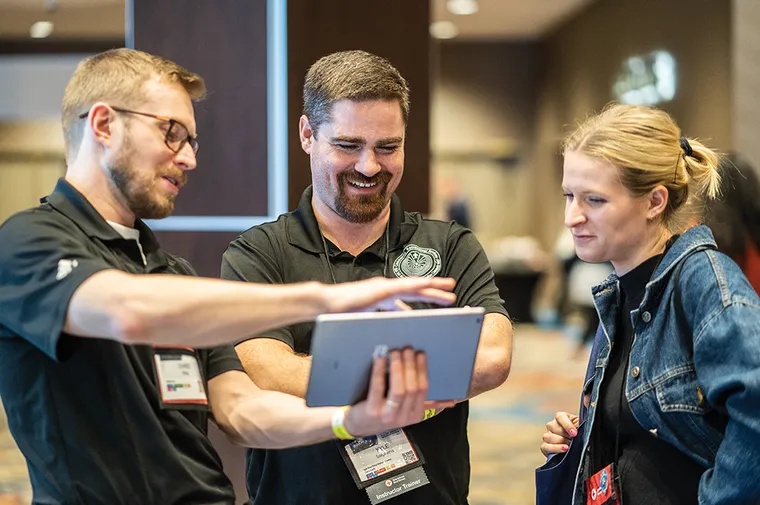How AOAP’s Aquatic Technician School fills gaps in field education
Over breakfast at a 2021 conference, Dewey Case of the Council for the Model Aquatic Health Code and Bob Kappel of ProMinent Fluid Controls discussed the challenge of finding skilled aquatic technicians. They heard from field professionals that new technicians lacked hands-on experience, and there were few opportunities for step-by-step instruction in the broader aquatic community. Over the next two years, the Association of Aquatic Professionals (AOAP) staff and volunteers embarked on a journey to understand where support was needed and to fill the gap.


